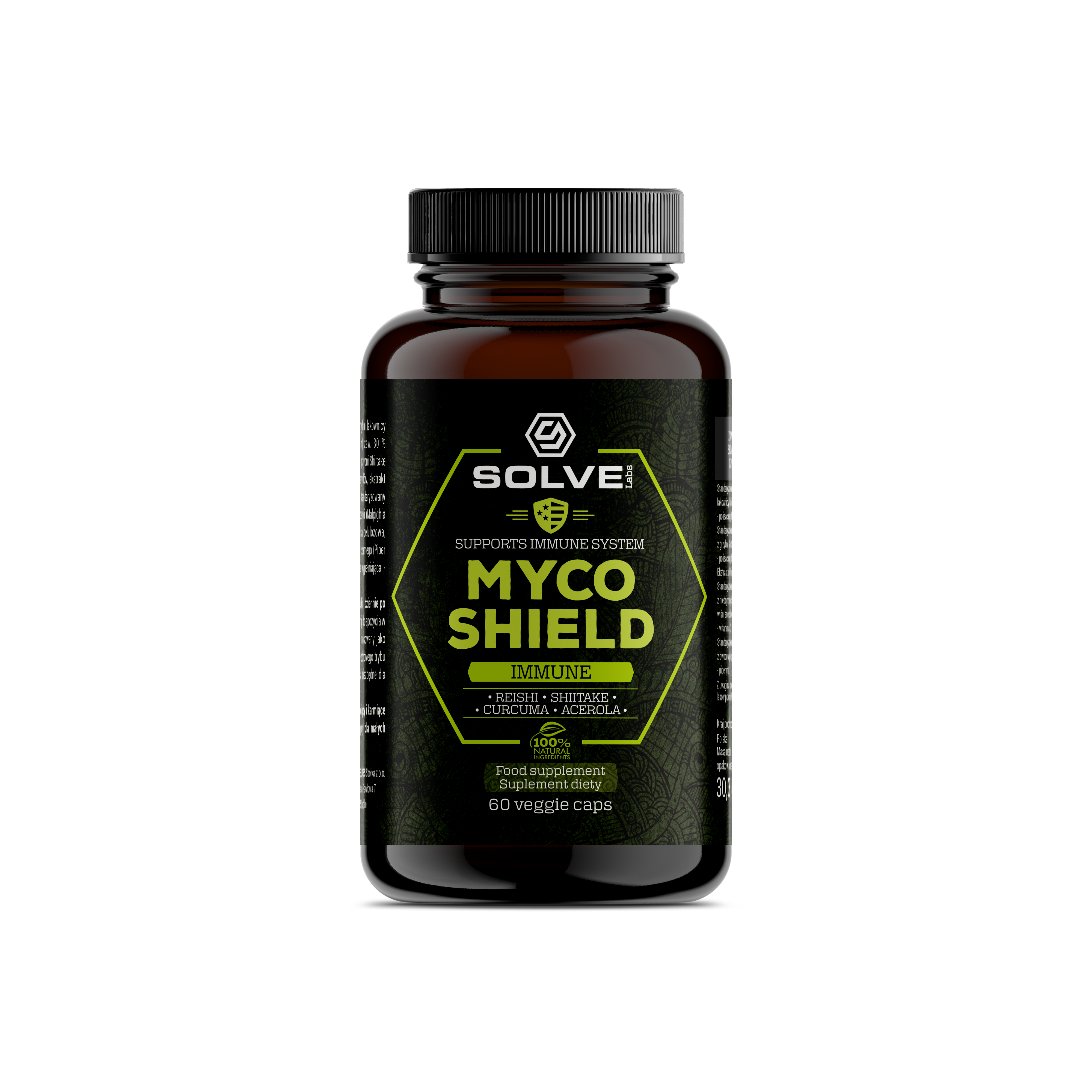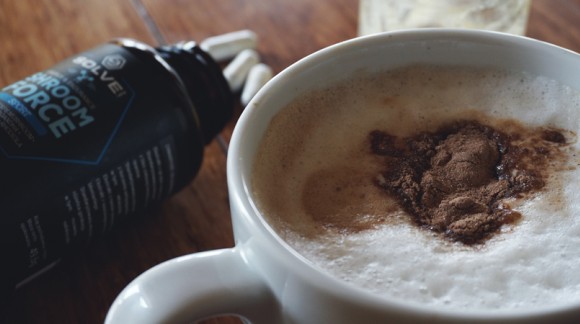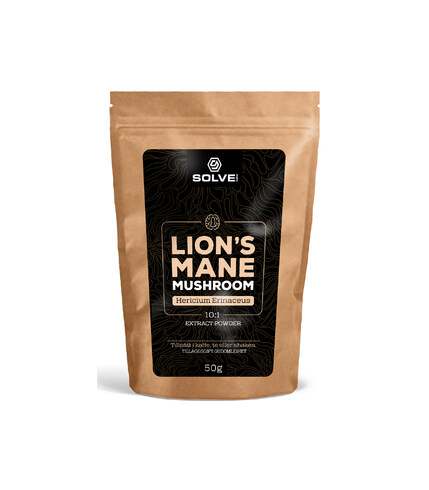REISHI (GANODERMA LUCIDUM) - TRITERPENES AND ANTIOXIDANTS

Reishi Mushroom has a long history of medical use in natural Asian healing systems. In China it is called "lingzhi", or because of its properties "mushroom of longevity". The European name Reishi comes from Japan, where it is also called "ghost mushroom" due to its extremely rare occurrence. The first pharmaceutical encyclopedia written in China (Ben Cao Gang Mu by Li Shin-Zhen, 1590) credited Reishi mushroom with increasing life energy, strengthening heart function, and improving memory..
Today we have a slightly more complex model of the human body than it was the case in the Ming Dynasty, and we have much better tools to study the chemical composition of the mushroom. We know that the fruit body and mycelium of Rishi contain polysaccharides, i.e. substances used in the body as a building and reserve material and supporting the activity of the immune system. However, in this article we will focus on the seldom discussed substances, which are triterpenes, which have antioxidant properties, i.e. prevent cell damage caused by free radicals.
What are free radicals? These are molecules that result from metabolism or that enter the body through food. Having one unpaired electron, free radicals try to react with the cells of our body, and this causes cell degradation, acceleration of aging processes, and may even cause cancer. This is the so-called oxidative stress that can cause heart disease, atherosclerosis, and the aforementioned cancers. Antioxidants prevent the destructive influence of free radicals by attaching the missing electron and neutralizing them.
The main function of Reishi is therefore strengthening the immune system, which indirectly contributes to the effectiveness of anti-cancer therapy. Studies conducted on a group of 134 patients with advanced cancers (Gao, Zhou, 2003) show that when Reishi is taken daily for 12 weeks, cellular immune stimulation statistically increases.
While the antioxidant effect is extremely helpful in the case of disease, its importance is invaluable in building immunity through daily diet. Antioxidants work like a shield, neutralizing free radicals, stopping any intrusive particles from the outside to interfere with our body. This results in an antibacterial and antiviral effect. The effectiveness of Reishi mushrooms in inhibiting the virus has been demonstrated many times (Eo et al. 1999, Oh et al., 2000), and this is explained by the interference of antioxidants in the early episodes of molecule binding.
No wonder that Reishi consumption in Western countries is constantly increasing. The scientific method once again proves the wisdom of using natural methods to ensure the optimal functioning of the organism, which has been present in Eastern culture for thousands of years. Fortunately, nowadays we can maintain special conditions for growing Reishi and obtain it on a large scale. And although its Chinese name "longevity mushroom" is still relevant, the Japanese term "ghost mushroom" - not necessarily (fortunately for our health).
Reishi, Shiitake and herbs assisting the action of medicinal mushrooms can be found in our blend supporting the work of the immune system - MycoShield.








